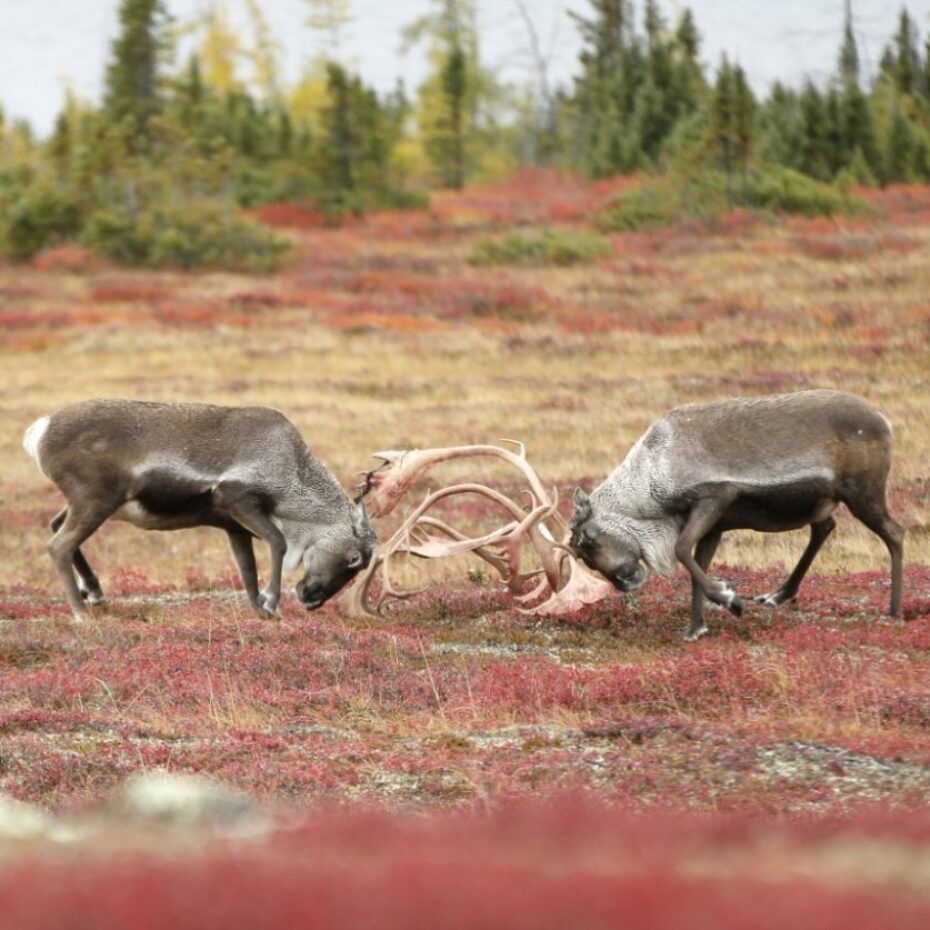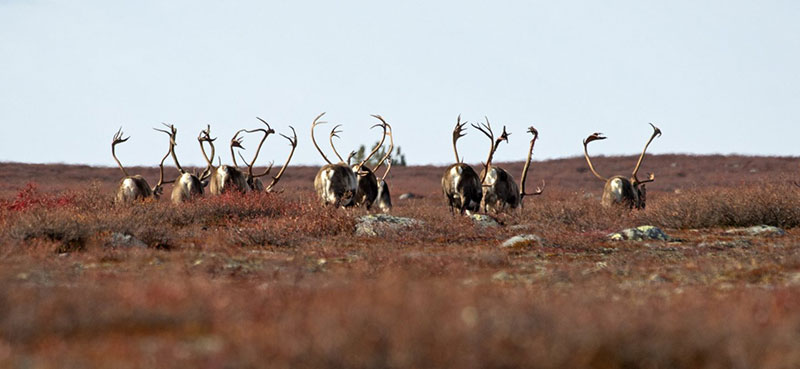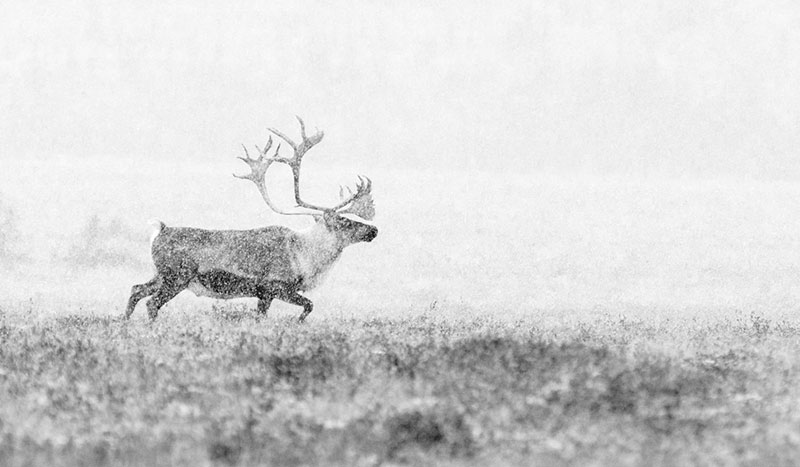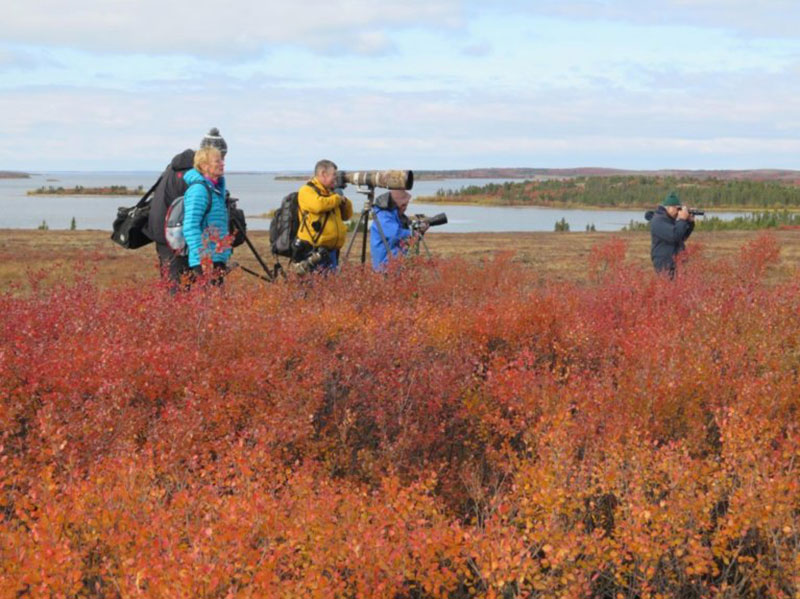CANADIAN CARIBOU IN TROUBLE; BLAME THE WOLVES?
Arctic Haven

Arctic Haven
January 09, 2020 | Arctic Haven
Climate change, habitat destruction, and over-harvesting leading to a decrease in caribou populations. Yet several Canadian government bodies insist that the wolves are at fault.
It is well known that Canada’s caribou population has seen a catastrophic decline in population in the last 50 years. Globally, caribou populations have surpassed a 40% decline, now classifying them as endangered.
Here at Arctic Haven, we are privileged to be witnesses to the migration of one of Canada’s largest remaining herds, the Qamanirjuaq herd. Although still being down from 480,000 caribou in the 1980’s to 288,000 today, they are faring much better than the Bathurst herd to the West that is down from 470,000 in the 1980’s to only 8,200 today.

There are many possible causes of this decline, including: habitat destruction, climate change, and over harvesting. These factors have come into play in the last century, aligned with the recent drop in caribou population.

It is difficult to predict how climate change will affect the vulnerable caribou population. One study suggests that the warmer summers are causing an increase in insects that ravage the herds. The caribou become so focused on getting rid of the pests, that they stop eating. These insects have a direct link to decreased calf weight, making calves more susceptible to diseases, predators and the harsh winter conditions.
Possibly the most destructive, is the human caused habitat destruction. With forestry and development destroying the caribous forested safe havens, they become sitting ducks for predators in the open clear cuts. With hydro dams and mines in the way of their migratory routes, caribou are forced to walk further and further to avoid human activity.
A factor that is not new to the last century is wolf predation. For thousands of years, wolves have followed and hunted the great migrations of the barren ground caribou. Could it be that the wolves are to blame for the near extinction drop since the 1980s? It is highly unlikely. If they are contributing to the declining caribou population, it is because of the destruction of the caribous main defence against predators, the forest. It has been shown that wolf populations are directly proportional to caribou populations. They depend on each other.

Instead of stopping developments, the territorial and provincial government has reinstated a wolf cull in Alberta, British Columbia, and the Northwest Territories. A leaked government of BC article shows their intentions to wipe out 80% of wolf populations in some areas through aerial and ground shootings. While the NWT government has a program that pays hunters up to $1650 for a wolf carcass.
Research shows that wolf culls can delay the inevitable, but if nothing is done to support the regrowth of their habitat, nothing will change. This is a tape fix to a wound that requires stitches.
The elephant in the room that no one dares to talk about is completely unregulated and un-monitored hunting. How does the selling wild meat via Facebook effect caribou populations?
The Canadian government, both federal and territorial, need to take action against the extinction of caribou by supporting the regrowth of their habitat, addressing climate change, and using conservation efforts that work.

To see one of the last great caribou migrations coexist with wolves in their natural habitat, visit Arctic Haven.
We understand that booking a trip like this is a big endeavour. Please reach out to us with any questions that you might have regarding your upcoming adventure.